Get to know our ongoing third-party funded projects:
DFG project "Digitization of Medieval Manuscript Holdings in the Rhenish Episcopal Cities of Speyer, Worms and Mainz"

Together with the Mainz City Library and the Rhineland-Palatinate State Library Center, Mainz University Library is digitizing medieval manuscripts from Mainz, Worms and Speyer. In the project, which is funded by the German Research Foundation, around 450 manuscripts from thirteen cultural institutions in the three cities will be scanned from 2024 to 2026 in the digitization center of the Mainz University Library and presented via Gutenberg Capture. This make a highly relevant collection for historical and book research accessible online for the first time. In the Middle Ages, the three Rhenish episcopal cities held a leading political, religious and economic position and formed an outstanding region of cultural tradition and manuscript production. At the same time, the history of the manuscripts is unclear due to modern wars and the consequences of the French Revolution. In many cases, the manuscript holdings are fragmented and distributed among several regional institutions. This is where the project comes in, which aims at the complete recording and digitization of all manuscripts available in the three cities across all disciplines. In addition to digitization, the aim of the project is to make the watermarks of the Worms and Speyer manuscripts scientifically accessible for the first time and to record them. The cataloging is carried out in the Manuscript Portal, the central online portal for book manuscripts in German collections.
Your contact person for the project Digitization of Medieval Manuscript Collections:
FOLIO
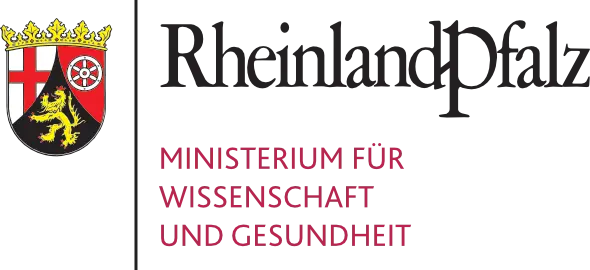
With funding from the Ministry of Science and Health, Mainz University Library is participating in the development of the open-source software FOLIO, which offers an alternative to the commercial, cloud-based library management systems currently available. FOLIO offers the opportunity to develop tailor-made and needs-based solutions for metadata management, acquisition processes, management of electronic resources, lending, user administration, and software administration.
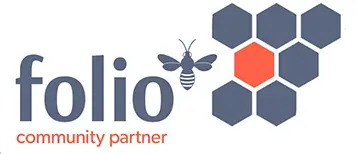
Together with its partner libraries in Hesse and supported with resources from the State of Rhineland-Palatinate’s Corona special fund, Mainz University Library will put FOLIO into operation over the next few years. It will replace the current library management system PICA.
Your contact for FOLIO:
Cultural Heritage Portal

As part of its digital strategy the state of Rhineland-Palatinate has decided to set up a digital state portal on cultural heritage, via which digital copies of Rhineland-Palatinate's cultural heritage can be made available and showcased. The project, funded by the Ministry of Family Affairs, Women, Culture and Integration, intends to increase the scope, visibility and use of the cultural heritage of Rhineland-Palatinate and the institutions that preserve it, across disciplines and thereby fulfils the function of a central entry point for access to the digitally existing and digitizes cultural heritage from and in relation to Rhineland-Platinate. To begin with, the portal forms two central functional pillars: on the one hand, a searchable stock of digital objects and metadata describing them of the various institutions, which can be faceted and searched according to different points of view and explored in different ways. By means of an overarching metadata schema, the digital objects from archives, museums, libraries and other cultural heritage institutions are aggregated, enriched and networked with each other. A platform for virtual exhibitions creates the opportunity to enable exciting access to this heterogeneous collection through thematic deep dives. In addition, the portal will act as an aggregator for supra-regional cultural heritage portals such as the Deutsche Digitale Bibliothek and Europeana.
Your contact for the Cultural Heritage Portal:
Open Access Publishing

The German Research Foundation (Deutsche Forschungsgemeinschaft, DFG) supports the development of Open Access in order to aid open and research-friendly communication in the sciences.
Via the DFG funding program “Open Access Publication Funding”, a fixed allowance for the Open Access publication of scientific results will be granted for the publication years 2022–2024. Open Access plays a pivotal role in improving scientific communication, and the publication costs should therefore be determined with regard to this. The main aim of this funding program is therefore to achieve structural adjustments in financial flows, thus enabling the transformation towards Open Access and improving transparency regarding the costs for Open Access publication of research results.
In the course of this development, DFG calls for centralized management of publication resources at the library as a central location and for the establishment of structures to be able to determine the number and costs of publications as automatically and standardized as possible.
To reduce costs and to simplify administrative processes for scientists at Johannes Gutenberg University Mainz and University Medical Center Mainz, the University Library participates in contracts with numerous publishers. An overview of the contracts as well as the current funding conditions can be found on our Open Access page.
Your contact for the DFG funding program “Open Access Publication Funding”:
BMFTR research project KOSTIMA
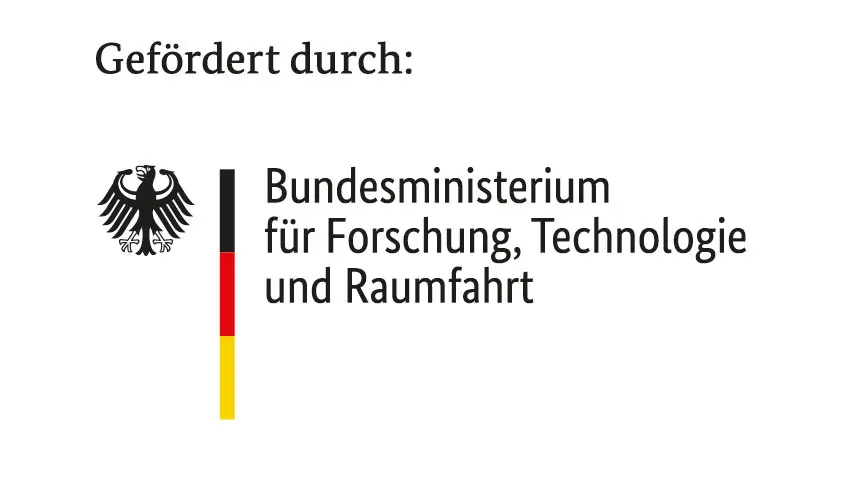
The research project "Counter-hegemonic voices in the music archive" (KOSTIMA): political readings, contextualizations and contemporary references" (funding code 01UQ2304A) is funded by the Federal Ministry of Research, Technology and Space (BMFTR) in the funding line "Networking – Indexing – Researching. Alliance for University Collections II". The joint project is coordinated by the University Library of JGU Mainz and plans to catalog and research the collections of the African Music Archive (AMA) in Mainz, the European Center for Jewish Music (EZJM) in Hanover, and the Center for World Music (CWM) in Hildesheim. Central to the investigation of the musical archive material is the question of the counter-hegemonic messages contained therein and their location in social contexts.
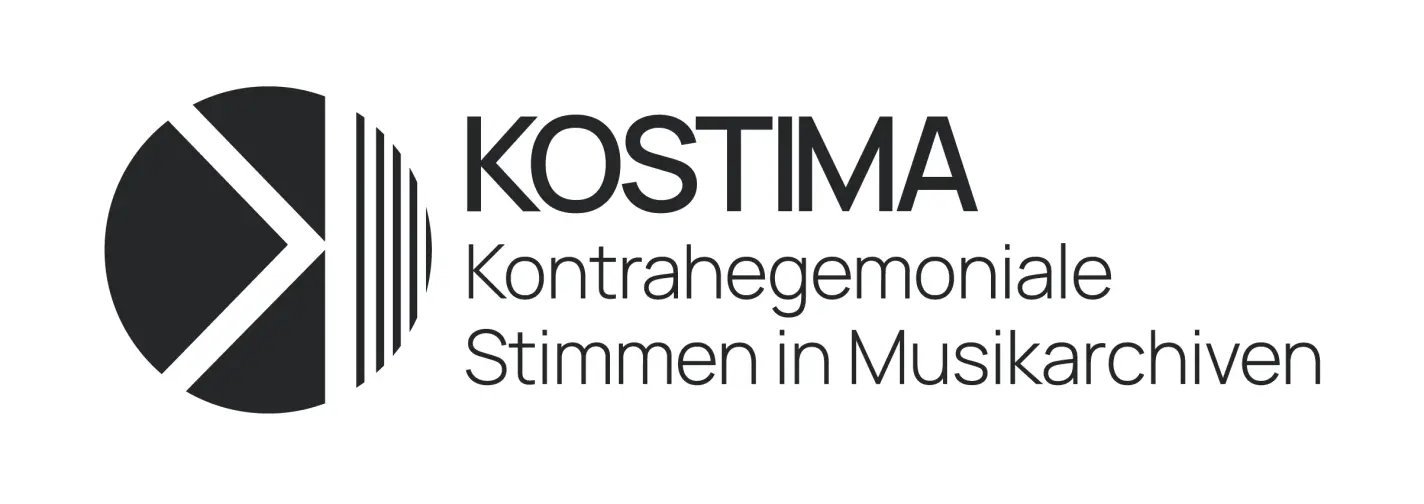
The focus of the Mainz sub-project is on song lyrics of Congolese music from the AMA. These reflect a period of diverse political upheaval in the Congo under the authoritarian regime of President Mobutu. The perspective of a wide variety of artists handed down here includes various forms of subtle political communication that are often hidden and encoded – and have not yet been analyzed in detail. This is where the project comes in, using cognitive and structural linguistic methods to investigate strategies for inscribed political content into song lyrics and their intertextuality. Central to the music ethnological-African subproject is the question of the extent to which social reality and politics are not only depicted in texts by Congolese artists, but also how these texts also indirectly and subversively shape politics and how overarching social dynamics are implicitly interwoven through texts.
The research results will be published open-access and communicated to the general public via multilingual Scrollytelling and a travelling exhibition.
Runtime: 2023-2027
Your contact persons for the KOSTIMA research project:
For the Mainz subproject:
GDR Psych — GDR Past and Mental Health: Risk and protective factors

In this research project, which is led by the Mainz University Medical Center, the Center for Audiovisual Production (ZAP) is responsible for its own sub-project on science communication. The research question of the joint project addresses the differences and similarities in the mental health of East and West Germans. The aim is to be able to make differentiated statements about the effects of the GDR system on mental health.

The sub-project Science Communication aims to make the scientific processes and the results of analyses comprehensible to a broad public.
Participants: Mainz University Medical Center (project leader), German Institute for Economic Research (DIW), Robert Koch Institute (RKI), University of Greifswald, Leipzig University Hospital, and ZAP in cooperation with the Department of Journalism at Johannes Gutenberg University Mainz (JGU).
Funded by the Federal Ministry of Education and Research (BMBF).
To the DDR Study website and the Instagram channel.
Your contact person for the subproject Science Communication:
Open Science
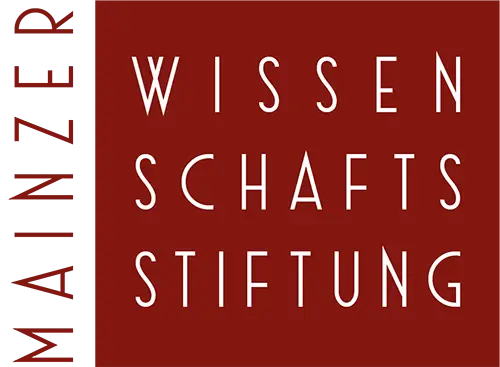
In recent years, Open Science has become considerably more important for young scientists. By facilitating access to research data, publications and collaborative networks, the dissemination of knowledge is accelerated and innovative collaboration is promoted. The increased transparency and reproducibility of research results also contribute to improving the quality and credibility of scientific work.
The Johannes Gutenberg University Mainz (JGU) and its institutions actively support this open scientific culture. The University Library (UB) offers resources and infrastructure to promote Open Science and, since September 2024, has been developing continuing education programs specifically tailored to young researchers. By establishing a new position in the field of Open Science, the Academic Integrity Competence Center (AkIn) plans to develop a comprehensive mediation program.
This program, which is based on the central principles of Open Science, will combine self-study phases with classroom-based events and will be supported by a variety of learning materials.
First, the term Open Science will be explained and its various facets examined in order to create a basic understanding. In this way, young researchers are gradually introduced to the concepts of open science and prepared for the requirements of transparent and collaborative research.
Your contact person for Open Science in the Academic Integrity Competence Center:








